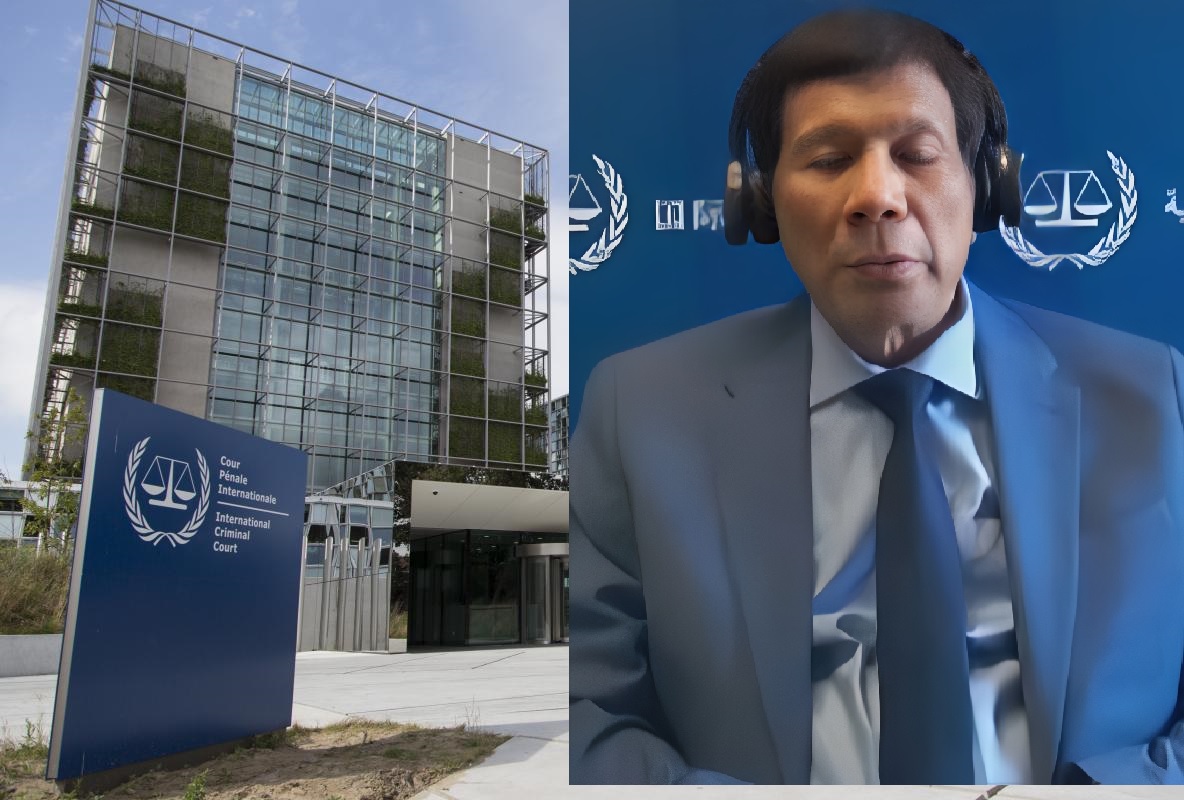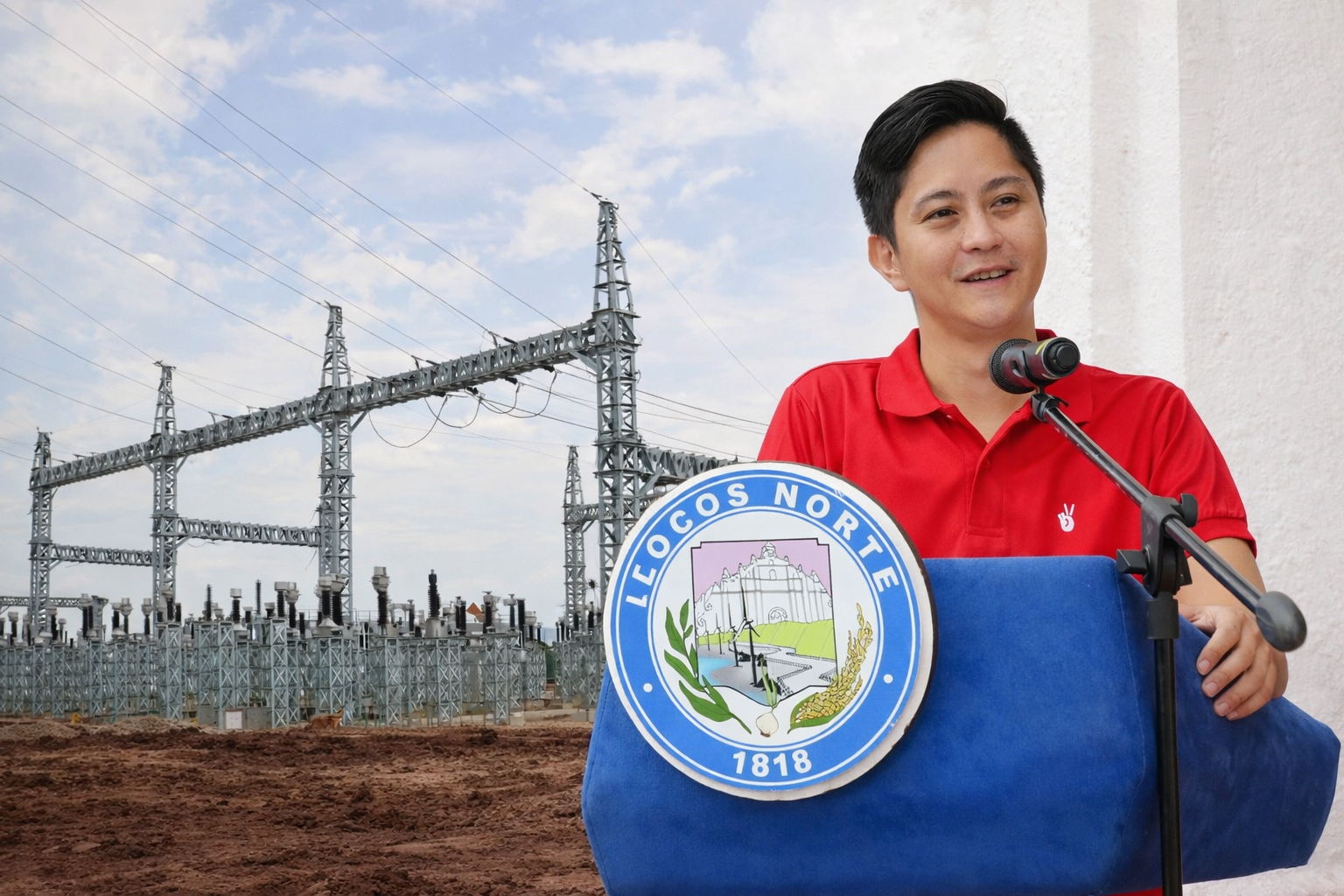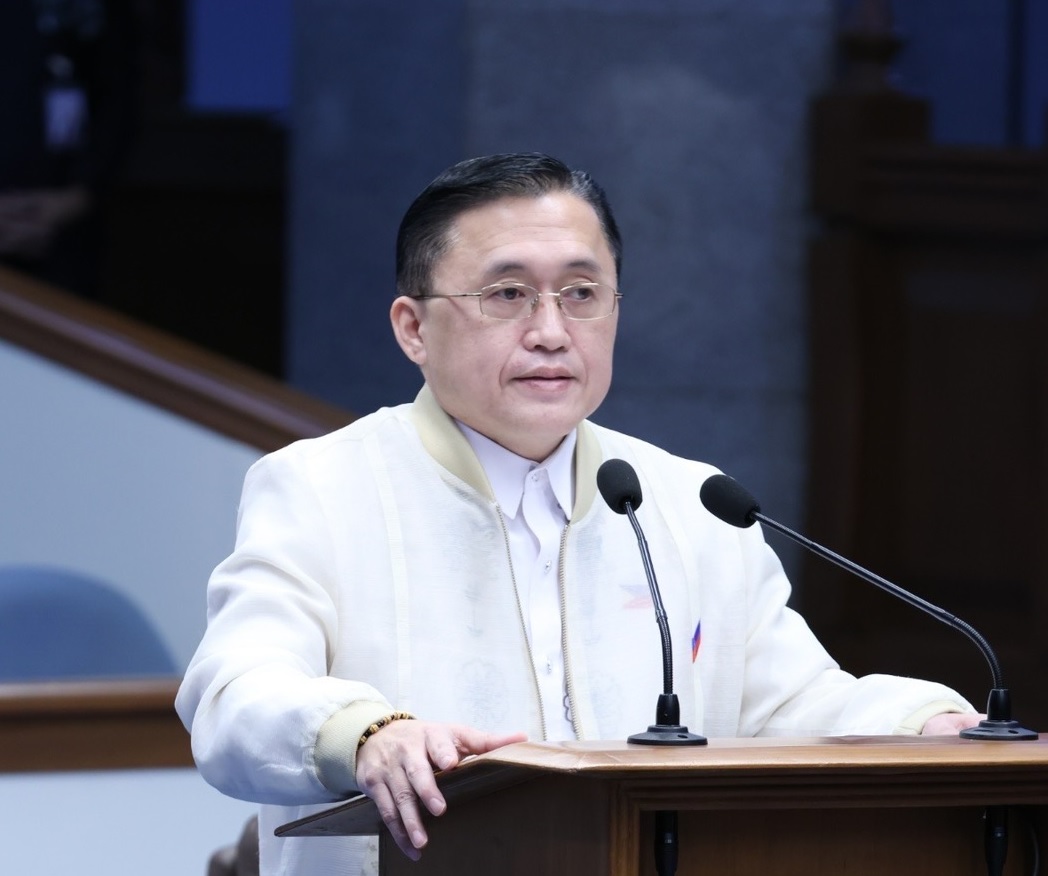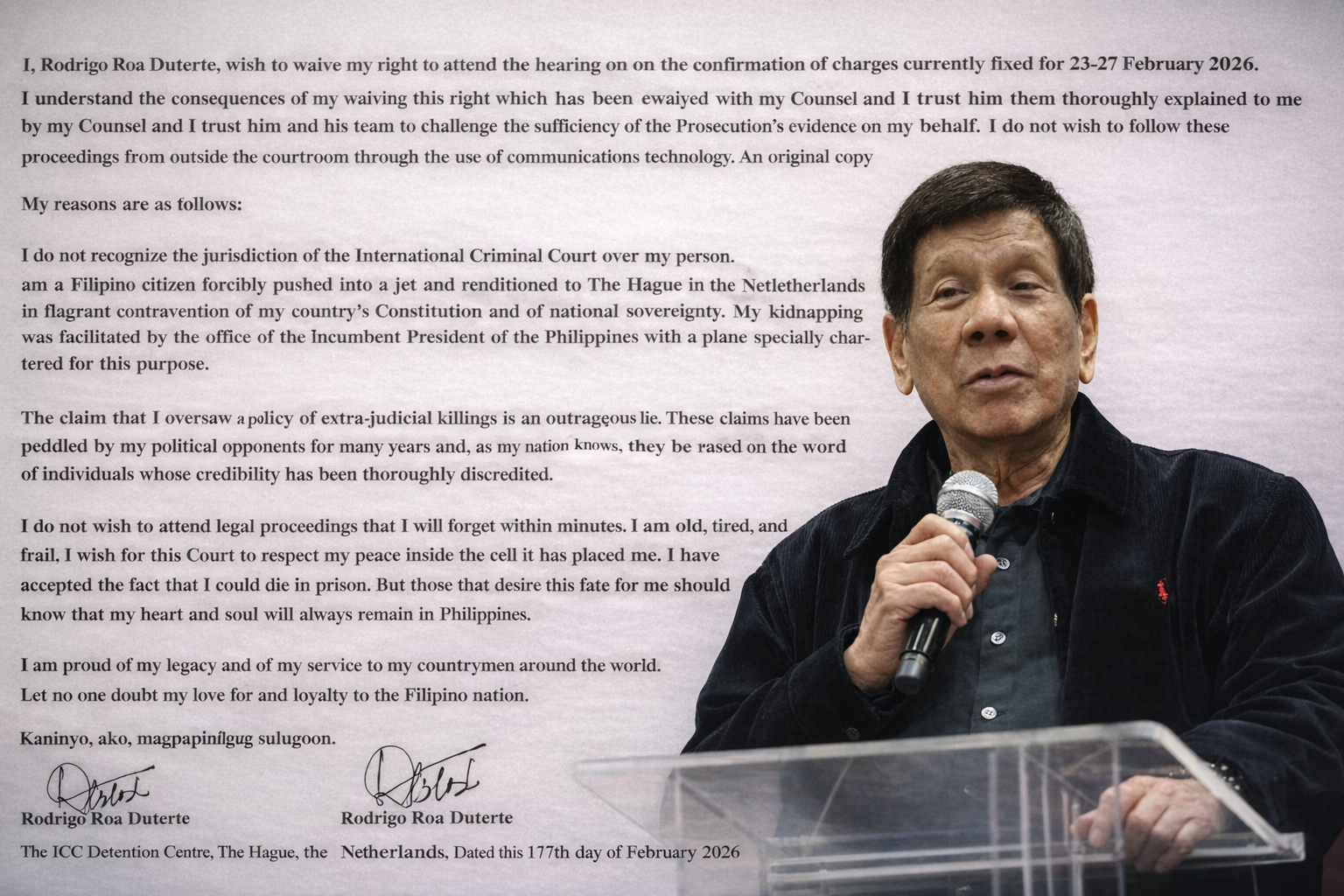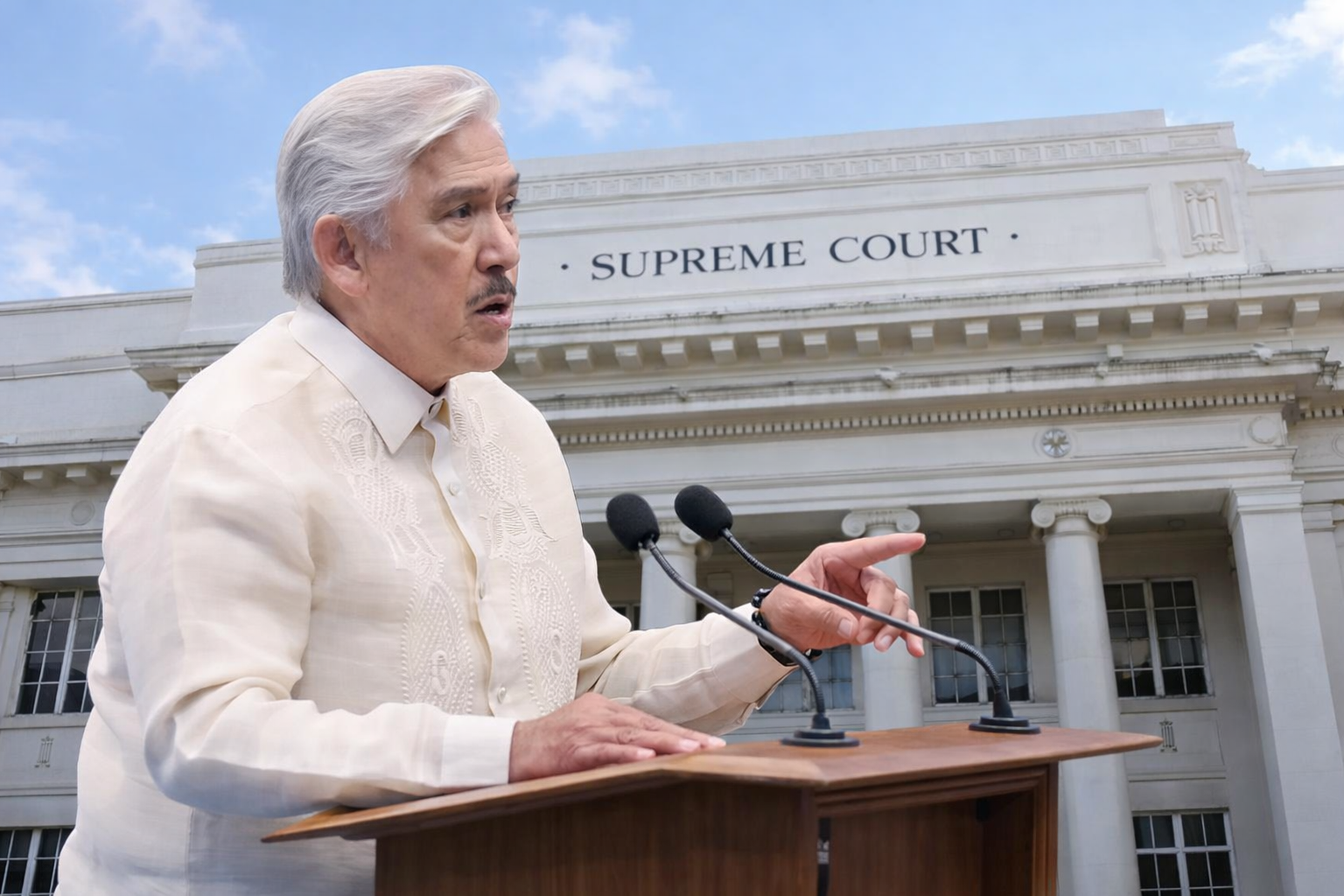—The ICC’s decision to name Vice President Sara Duterte in denying Rodrigo Duterte’s interim release is no longer about justice — it’s about politics, power, and the 2028 elections. What the Hague started as a legal case has now transformed into a political awakening across the Philippines.——
The Court That Played Politics. The International Criminal Court has just made a catastrophic mistake.
By explicitly naming Vice President Sara Duterte in its October 10, 2025 decision rejecting the interim release of former President Rodrigo Roa Duterte, the ICC abandoned the realm of justice and entered the battlefield of politics. In one stroke, the Court that claimed to seek accountability has revealed its true intent: to shape the political future of the Philippines.
This is no longer a matter of law — this is political interference cloaked in legal robes. When the judges in The Hague cited Sara Duterte as a factor in their denial, invoking her as part of a “network” that could help her father “abscond,” they did not simply analyze evidence. They assassinated credibility. They painted a sitting Vice President — uncharged, unindicted, and constitutionally protected — as an accomplice to evasion.
This is judicial overreach of the highest order. And in doing so, the ICC has awakened something they cannot contain — the rage of a sovereign nation that refuses to be dictated upon by foreign tribunals.
The ICC’s Weaponization of Narrative
Let us be clear: the ICC’s inclusion of Sara Duterte in the reasoning for Rodrigo Duterte’s continued detention is not an incidental reference. It is a political construction, deliberately crafted to shape perception. The Court could have confined itself to humanitarian reasoning. It could have discussed medical grounds, age, or risk of flight without crossing the line of political contamination. But it did not.
Instead, it quoted — even highlighted — the statements of Sara Duterte, portraying her defense of her father as evidence of risk.
It pointed to her position as Vice President as if public office itself were a liability. It implied that her political influence made detention necessary — that because she exists, her father must remain jailed.
This is not justice; this is choreography.
The ICC has taken fragments of public speech and weaponized them to validate its own agenda. It twisted a daughter’s defense into proof of danger. It treated a Vice President’s popularity as an existential threat. It made compassion look like conspiracy.
And the most dangerous part? This sets a precedent — that any Philippine official defending national sovereignty can be turned into evidence of guilt.
The Foreign Script Behind the Drama
Anyone reading between the lines can see the choreography. The ICC’s decision did not fall from the sky. It came after months of amplified Western pressure, after years of selective silence on abuses by their own allies. It came amid a global trend of using “international justice” as a political scalpel — cutting down leaders who dare to defy Western orthodoxy.
Rodrigo Duterte, with all his flaws, represented a disruption to that order. He was not a puppet. He was not manageable. He told the West what no other leader had dared to say — that sovereignty is not for sale. That defiance made him a marked man.
Now the ICC extends that mark to his daughter.
By citing Vice President Sara Duterte, the Court sends a signal: the target is not only the father, but the political bloodline. It’s a message aimed squarely at 2028, the next presidential election. This is a preemptive strike, dressed in judicial language.
Make no mistake — this is political conditioning. The ICC, knowingly or not, is laying the psychological groundwork to discredit any Duterte candidacy before it even begins.
Sowing Doubt, Manufacturing Consent
The ICC’s language is carefully engineered. By saying Sara Duterte’s influence could “help her father abscond,” the Court inserted her into the moral equation — not as a subject of justice, but as a potential enabler.
This is how propaganda cloaks itself in jurisprudence.
What it truly means is this: If Sara Duterte supports her father, she’s suspect. If she defends him, she’s complicit. If she remains popular, she’s dangerous.
It’s a masterclass in psychological framing.
By implicating her without charge, the ICC invites the global press to repeat the insinuation endlessly — “Sara Duterte, named in ICC ruling.” Headlines will echo without nuance. The goal is achieved: her image is tainted before she even campaigns.
But here’s where the plan fails.
Filipinos are not naive spectators of their own history. They know when a foreign institution crosses the line. They can tell when “justice” starts to sound like “political design.” Every attempt to weaken a Duterte by association only reinforces the feeling of collective resistance.
The ICC wanted to isolate Sara Duterte; it may have just created her legend.
From Hague to Manila: The Fire That Backfires
In denying Duterte’s interim release, the ICC cited risks of non-cooperation, potential absconding, and influence from his supporters — among them, his daughter.
But let’s be honest: what the Court truly fears is not escape. What it fears is influence — the capacity of one family to mobilize a nation even while under siege.
By dragging Sara into this case, the ICC has drawn the battle lines far beyond the courtroom. It has turned the issue into a matter of national pride. It has handed the Dutertes the most powerful political weapon any movement can have — victimhood under foreign oppression.
Already, the narrative is shifting. What was once “the ICC versus Duterte” is now “the ICC versus the Philippines.” The longer the Hague insists on parading the Dutertes as villains, the more it cements their status as nationalist icons.
History is cruel to those who forget how nations awaken. The more you humiliate a leader loved by millions, the more those millions rise to avenge him at the ballot box.
The Sovereignty Question
The fundamental question that this entire spectacle exposes is not about guilt or innocence. It is about sovereignty.
When an international court dares to drag a sitting Vice President into its decision — when it uses her office as evidence of risk — it crosses the sacred boundary between justice and intrusion.
The Philippines is not a colony. It is not a legal playground for distant judges. And yet, in the ICC’s reasoning, the power to decide who is “fit” to lead, who can “influence” justice, who is a “risk” to their process, is arrogated to foreign hands.
That is not law. That is political engineering.
And it will not stand unchallenged.
This is not a call for defiance against international law; it is a call for dignity.
True justice must respect the sovereignty of nations.
True courts do not name uncharged public officials in politically sensitive cases.
True judges do not write rulings that sound like campaign propaganda.
What the ICC has done is not only a legal overreach; it is a violation of political decency.
A People Awakened
The irony is bitter: in its attempt to weaken the Dutertes, the ICC has fortified them.
Filipinos who might have been indifferent are now asking: Why name Sara? Why drag her into this if the case is against her father?
Every question like that chips away at the ICC’s moral standing.
Even those who once supported international accountability now see the pattern. They see how The Hague selectively enforces its reach — loud against independent leaders, silent against Western-backed regimes. They see the imbalance. They see the agenda.
And in the provinces, in Mindanao, in the strongholds of the working class, the reaction is visceral. The ICC is no longer seen as a court; it is seen as an outsider meddling in a family that stood up to imperial arrogance.
The narrative has flipped. The Dutertes are not on trial — the ICC’s credibility is.
The Political Earthquake Ahead
The inclusion of Sara Duterte’s name in the ICC’s decision will have consequences far beyond The Hague. It will ripple through Philippine politics, shaping alliances, hardening loyalties, and reframing the national discourse.
Instead of diminishing her, it may solidify her as the central figure of resistance heading into 2028.
Every time the ICC or its allies mention her name, every time they attempt to link her to the case, they add to her political capital. She is no longer just the Vice President — she becomes the heir apparent to the nationalist struggle.
And when that narrative catches fire, no court on earth can extinguish it.
The Fire They Lit
The ICC thought it could discipline the Dutertes by isolating them. It thought that by denying Rodrigo Duterte’s release and tainting Sara’s name, it could suffocate their influence.
But it miscalculated.
It did not anticipate the Rage of Sovereignty — the deep, unbroken sense of national dignity that lives in every Filipino who refuses to be ruled by foreign powers.
What the ICC framed as justice now reads as interference.
What it intended as suppression has become ignition.
What it hoped would end a political dynasty may yet resurrect it in even stronger form.
The Hague’s courtroom might be thousands of miles away, but the reverberations are felt in every Filipino heart that refuses to bow.
The verdict is clear — not from the ICC, but from the people:
You can put Duterte in detention, but you cannot imprison the will of a sovereign nation.

